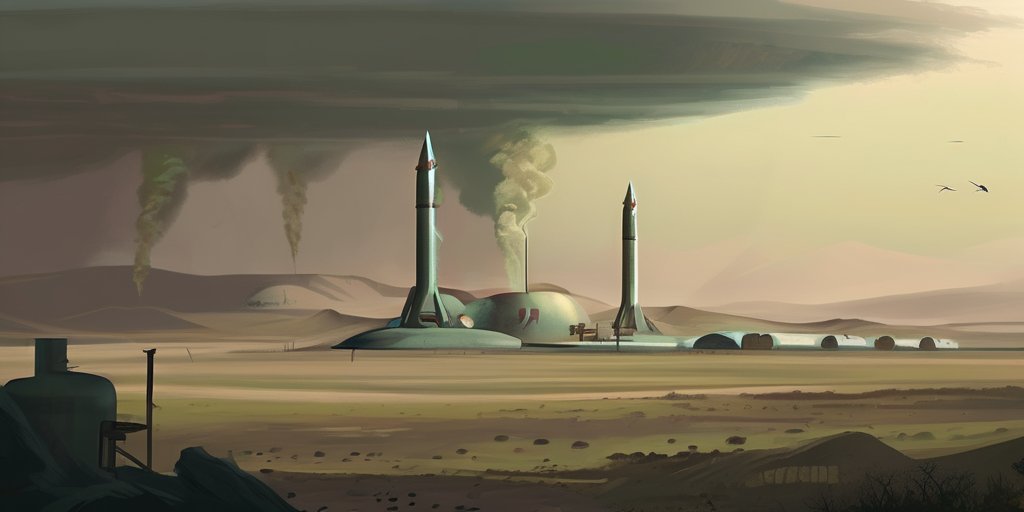Donald Trump seems to have emerged from the worst crisis in America’s estrangement with Iran’s Islamic Republic with a win. The president leaped on Tehran’s modest missile response Monday to the US pounding of its nuclear sites as a sign it wants to end escalations. “CONGRATULATIONS WORLD, ITS TIME FOR PEACE!” he posted on Truth Social, a remark that reflects his eagerness to portray a sense of closure to the conflict.
Trump’s enthusiasm signals a perception that U.S. involvement in the conflict is over for now, especially following his announcement of a ceasefire between Iran and Israel that took effect later Tuesday. However, ceasefires in the Middle East are often fragile, as evidenced by the ongoing hostilities just hours prior to the truce taking effect.
In a bold declaration, Trump claimed, “I think the ceasefire is unlimited. It’s going to go forever,” emphasis on the optimistic tone he wishes to adopt as he walks the intricate line of foreign policy negotiations amidst volatility in the region.
The president’s assertions come closely after U.S. stealth bombers attacked Iranian nuclear facilities, escalating tensions dramatically. If the conflict cools down, it could shape Trump’s presidency and legacy, potentially bolstering his standing among the Republican base, especially those who previously viewed his foreign policy decisions as inconsistent.
The overarching questions linger about whether Trump has genuinely halted the Iranian nuclear threat or if this success is merely a transient illusion. Reports of Iran’s nuclear sites being damaged raise questions, particularly with the International Atomic Energy Agency indicating that Iran continues to possess a substantial stock of uranium that could be rapidly enriched to weapons-grade levels.
Moreover, the conflict highlights an evolving perception of Trump’s leadership—distinct from hawkish Republican ideologies yet navigating a landscape filled with challenges over trust and military resolve. While he builds an inner circle that’s more aligned with assertive military action, critics point out his hasty military decision-making, often without broader congressional oversight or alliance agreement.
The potential ramifications of this conflict are paramount not just for U.S.-Iran relations, but for the political landscape of the Middle East, where different factions perceive ongoing power dynamics differently.
The reality is that Trump’s declaration of victory may have far-reaching consequences, not just for his political career but possibly for international stability, urging all parties to observe the developments closely. The shadow of nuclear armament looms larger, as experts express concerns that any short-term victory could precipitate a long-term escalation of crises if diplomacy fails to materialize.
As the dust settles on this high-stakes conflict, the relationship between Trump and Israeli Prime Minister Benjamin Netanyahu surfaces as another complex thread that could unravel his foreign policy narrative further enforcing the perception of Trump as a new global player seeking leverage.
In summary, Trump’s triumph on the surface may be overshadowed by real-world challenges that await in the turbulent landscape of the Middle East. His journey from chaos to coherence remains precarious as international relations shift directly under his control.
